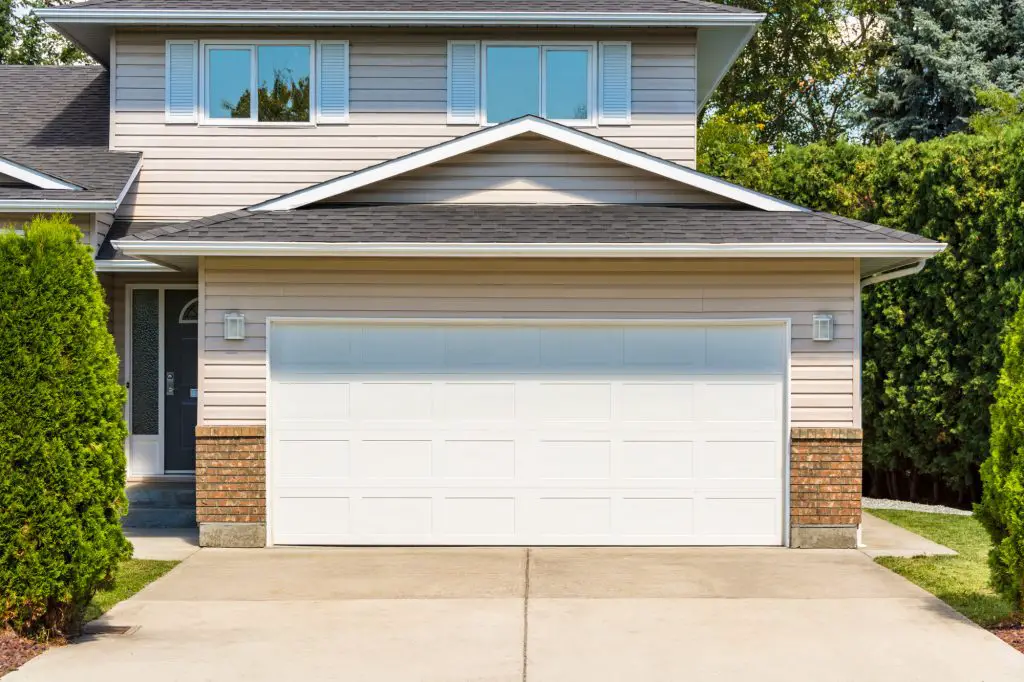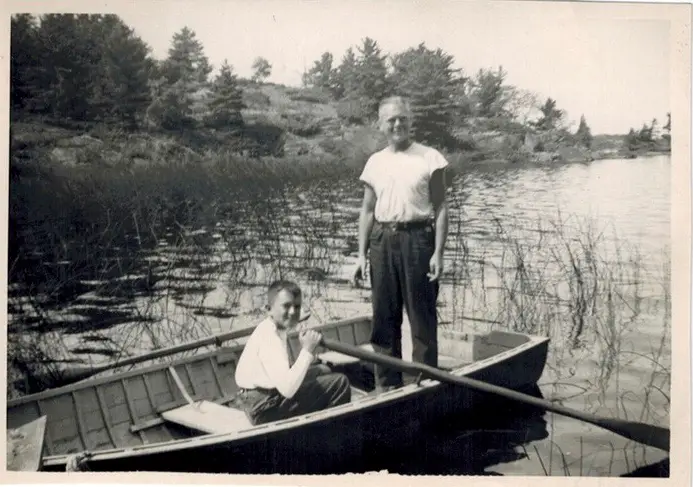The value of a concrete driveway is huge. Often, it’s one of the first things people notice about a home as it offers both functionality and aesthetic appeal. However, despite its durability and strength, concrete is susceptible to damage from harsh weather conditions, such as rain, snow, freezing temperatures, and intense sunlight.
As a homeowner, you need to be proactive in maintaining and prolonging the life and beauty of your driveway. Without the right protection, this damage can escalate to the point where the driveway needs to be replaced. That’s expensive, but unnecessary if you manage things right. This article aims to offer insights into how to protect your concrete driveway against harsh weather conditions. Read on to learn more.

Understanding The Need For Protection
Before diving into protective measures, it’s crucial to understand the effects of various weather conditions on your concrete driveway. For instance, freezing and thawing cycles can cause cracks, while prolonged exposure to UV rays can fade its color. Also, if water is allowed to seep into crevices, it can expand as it freezes, leading to larger cracks and surface flaking.
The damaging effects of water is the main threat you need to protect against, and a well-maintained driveway can make your home’s exterior look more attractive, adding value to your property.
Ways To Safeguard Your Concrete Driveway
Now that you understand the need for protection, it’s time to discuss some common ways to protect your concrete driveway from harsh weather conditions. These include:
1. Seal The Surface
Among the best methods to safeguard your driveway is by applying a protective sealer. The right sealer can provide a barrier against moisture, UV radiation, and even chemical spills. It can also make it difficult for oil, grease, and other substances to penetrate the concrete and cause stains.
Moreover, sealing can prevent fading and maintain your driveway’s appearance for longer. That said, it’s advised to reapply sealer every 2-3 years. More frequent applications might be needed based on weather and traffic conditions.
Fortunately, various types of concrete sealers are available for your needs. Make sure to use the right sealer to extend the lifespan of your driveway. For example, if you want it to be more resistant to water, stains, and other contaminants, penetrating sealers can be an excellent option.
2. Do Regular Cleaning
In addition to sealing, maintaining cleanliness is crucial. Accumulated dirt, debris, and stains tarnish its look and can cause damage. A weekly sweeping with a broom or leaf blower can prevent this buildup. For a thorough cleaning, a power washer or mild detergent might be necessary. However, when using a washer, ensure you don’t apply excessive pressure as it might harm the concrete.

3. Repair The Cracks Promptly
The moment a crack is noticed, it’s crucial to address it right away. Due to weather conditions, small fissures can quickly expand, leading to more significant issues. Therefore, fill minor cracks with a concrete patching compound. For larger cracks, consider consulting with a professional to ensure the driveway’s integrity remains intact. Make sure to work with someone experienced in repairing driveways. Check their license and insurance before making a decision. This way you can ensure your driveway is fixed properly.
4. Maintain Proper Drainage
Pooling water can pose problems for concrete driveways, even if they’re sealed. Ensure your driveway is designed to channel water away from the surface. Consider adding additional drainage or consulting with professionals if you notice water pooling. They can advise you to slope your driveway correctly to ensure the water flows away from it.
Furthermore, remove leaves and debris from your driveway regularly. Leaves and debris can clog your drainage system and prevent water from draining away. Doing so can help keep your drainage system clear.
5. Protect Your Driveway Against Chemicals And Salts
Deicing salts and certain chemicals can cause considerable damage to your concrete driveway. These agents can penetrate the surface, causing pitting and increasing the risk of cracking. Thus, avoid using deicers with ammonium nitrate or ammonium sulfate. Instead, use sand for traction during icy conditions. If a vehicle leaks fluids like oil or antifreeze, clean them immediately to avoid staining and potential damage.
6. Consider Mindful Landscaping
Trees planted too close to the driveway can pose a threat in the long run. Tree roots can push up through the concrete, causing it to crack. While planting, consider the tree’s mature size and ensure it’s at a safe distance from the driveway. Additionally, ensure that sprinkler systems are positioned in a way that they don’t constantly drench the concrete. This is because prolonged exposure to water can expedite wear and tear.
7. Think About Shading And Covering
For sunnier areas, consistent UV exposure can deteriorate your driveway. Using shade structures or covers during peak hours can help. Options range from inexpensive shade sails to more permanent solutions like a car port. Your choice would depend on factors like your driveway’s size, the amount of shade needed, and your home’s style.
Conclusion
While concrete is a resilient material, it isn’t invincible. By following these tips and investing in regular maintenance, you can protect your driveway from harsh weather conditions and ensure it remains functional and attractive for years to come.












